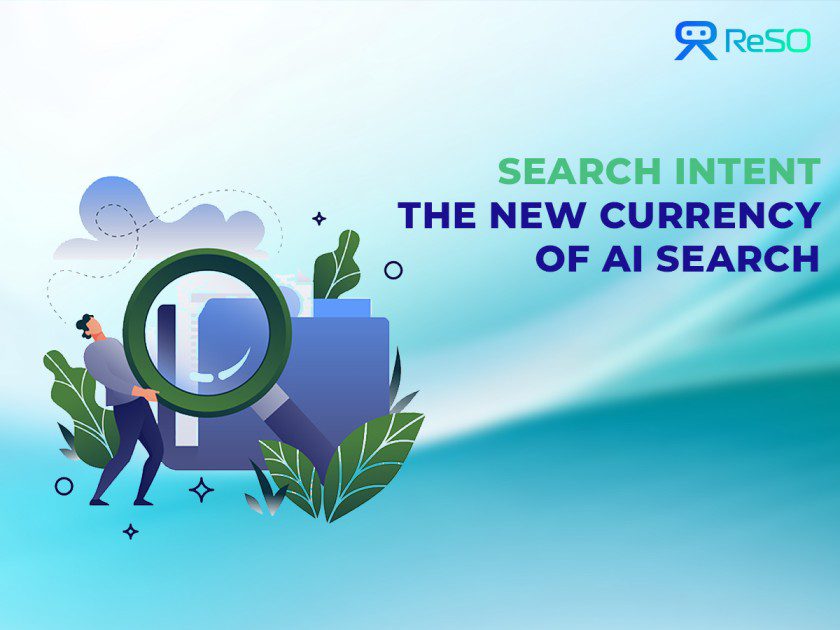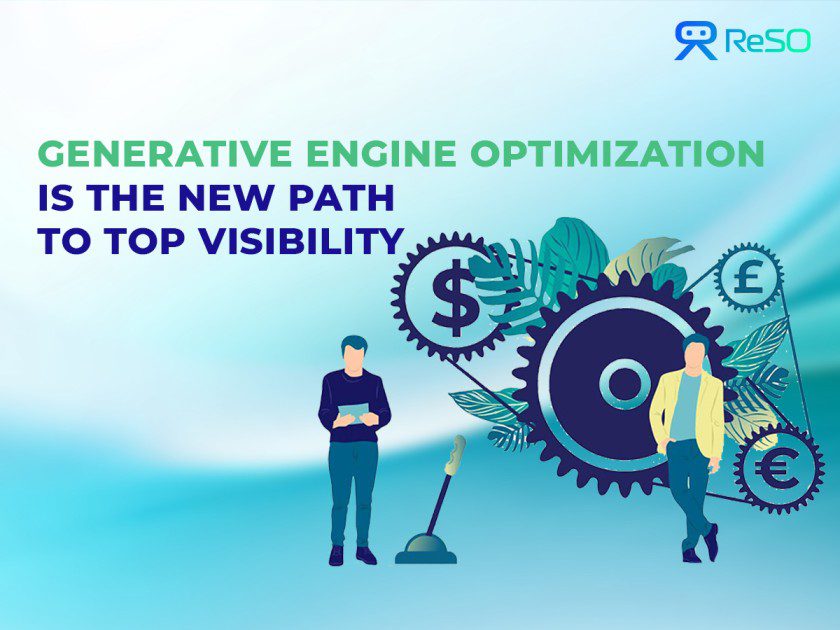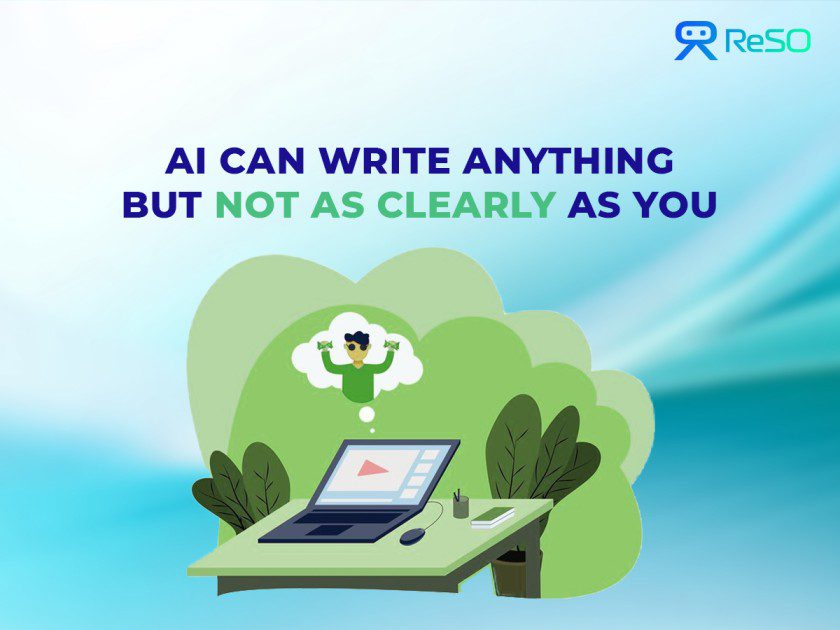Your conversations with AI chatbots: whether you’re asking about college essays, customer support, or confidential work projects, aren’t as private as you might think. The reality is sobering: a lot of what you share is being stored, analyzed, and repurposed in ways many users don’t realize. That means even those deleted chats might not be gone for good.
You’re chatting with a machine, sure. But that machine is fed and trained on your conversations, your uploads, your location, your device. Some providers even collect voice recordings sent to AI assistants powered by speech-to-text. That’s a lot of context for these systems to learn from, and a big privacy challenge for anyone who expects confidentiality.
Here’s the thing: data security and privacy with AI is a hotbed of concern for good reason. A court ruling as recent as 2025 ordered OpenAI to keep AI chat conversations indefinitely as part of an ongoing investigation. Meanwhile, as many as 73% of enterprises reported experiencing AI-related data breaches in 2024. That’s massive. And it means urgent action is needed (see paragraph 12).
Check this below so you really understand what’s happening, why it matters, and how you can protect yourself or your business.
What Conversations Are Being Collected?
First off, it’s not just literal chat histories you need to worry about. Providers behind major AI products collect a surprising range of data:
- Text conversations:
Every query or chat you have is potentially stored and parsed to train and improve AI models.
- Files, documents, and images:
When you upload attachments or drag photos into conversations, these too become training fodder.
- Location and device data:
Some AI systems collect metadata, where you are, what device or browser you’re using, to contextualize responses.
- Voice recordings:
Voice assistants or apps that convert speech to text can capture sounds and conversations as well.
All of this is layered together to make AI “smarter.” But it also means your private inputs become part of a massive data pool.
Why Are They Collecting All This Data?
Here’s the logic from the companies’ playbook: AI models need continuous learning and retraining on fresh user data to improve accuracy, relevance, and safety. More data, particularly real-world conversations, means better natural language understanding. That leads to better chat experiences and more useful answers.
But what this really means is your conversations become a source of “training material.” They’re anonymized, yes, but that doesn’t guarantee perfect privacy. The risk grows especially with sensitive or proprietary information.
Are Deleted Chats Really Deleted?
This is where it gets murky. In many cases, when you “delete” a chat inside an app, you’re only deleting your personal access to it. Your input might still be logged on servers, archived for compliance, or used in aggregated datasets.
The 2025 court order requiring OpenAI to preserve all chat logs indefinitely emerged from legal scrutiny intended to safeguard transparency and accountability, but it also means that deleted privacy isn’t absolute.
How Big Is the Risk? AI-Related Breaches Are Exploding
It’s not just theoretical. In 2024, 74% of enterprises reported suffering breaches tied to AI data usage, whether from misconfigured cloud storage, unauthorized access, or unexpected data leaks.
Data breaches connected to AI may expose confidential chats, intellectual property, customer info, or internal communications. As AI moves into the workplace, from HR to sales to software development, the stakes get higher.
What Does This Mean for You and Your Business?
Whether you’re a casual user or an enterprise customer, understanding the landscape is critical.
- If you’re a consumer, rethink what you share in AI chats. Avoid personal identifiers, financial info, or sensitive discussions unless you’re 100% sure of the privacy terms.
- For businesses, especially those deploying AI-powered chatbots or using AI platforms, it’s imperative to have data governance policies that clearly outline what’s logged, how it’s stored, and compliance with regulations like GDPR or CCPA.
- Employee training matters. Everyone from sales teams to executives should know AI privacy risks and best practices to avoid accidental exposure.
How Providers Are Responding (And Where They’re Falling Short)
Some AI companies have introduced new privacy controls, like opt-out data usage switches, stricter permissions, or data anonymization tools. OpenAI’s usage policies, for instance, allow customers to disable data usage for model training on paid plans.
Google announced increased provenance transparency, showing users more clearly where AI answers come from and how data is used.
Despite this progress, enforcement and usability remain hurdles. Privacy policies are often complex or vague. Opting out of data use might reduce AI performance or limit features. And the sheer volume of data generated daily makes total protection nearly impossible.
What You Can Do Now: Practical Privacy Safeguards
The thing is, you can’t afford to wait for regulation or perfect policies. Hence, take control with these steps:
- Read Terms of Service and Privacy Notices Carefully:
Know what data is collected and how it’s used.
- Opt Out Where Possible:
Many platforms let you opt out of data collection or model training on your inputs.
- Limit Sensitive Inputs:
Don’t feed personal or secret info into AI tools unless you’re confident it’s encrypted and protected.
- Use Enterprise AI Platforms with Strong Privacy Features:
Some vendors prioritize compliance and offer dedicated private environments.
- Use On-Prem or Private Cloud AI Solutions:
For highly sensitive data, on-premise or isolated cloud implementations can prevent unwanted data leakage.
- Educate Your Teams:
Make sure everyone knows AI chat may not be confidential, and they avoid risky disclosures.
The Future of AI Privacy: Regulation and Technology Trends
Privacy minds are racing to keep up. New laws are being drafted worldwide to govern AI data rights. The EU’s AI Act draft demands transparency, data minimization, and human oversight.
Technological approaches like federated learning aim to train AI models without centralizing raw user data. Encryption advances promise to protect transcripts and metadata. And standards like C2PA from Google promote verifiable content provenance to reduce misinformation and abuse.
However, until these innovations mature and regulatory frameworks solidify, prudence around data shared in AI chats remains essential.
Why Privacy Matters Beyond Compliance
Protecting chat privacy is not just a legal checkbox. It’s about trust: user trust, customer trust & employee trust. Data leaks or misuses shatter brand reputation swiftly and severely.
Moreover, the AI ecosystem itself depends on users feeling safe to engage deeply and authentically. If privacy fears drive users to abandon AI tools or underutilize them, the transformative potential of AI dims.
Your AI chats are data. They help build smarter systems but also expose risks you must understand and mitigate. Don’t assume deleting chats deletes the data. Don’t blindly trust that all providers respect privacy equally or that policies don’t change.
Be informed, be cautious, and treat your AI conversations as you would any other digital footprint.We’re curious to hear more from you on this as well. What specific strategies are you applying to make sure your company is safe from these AI? And if you need help, book your 1:1 call with us.








